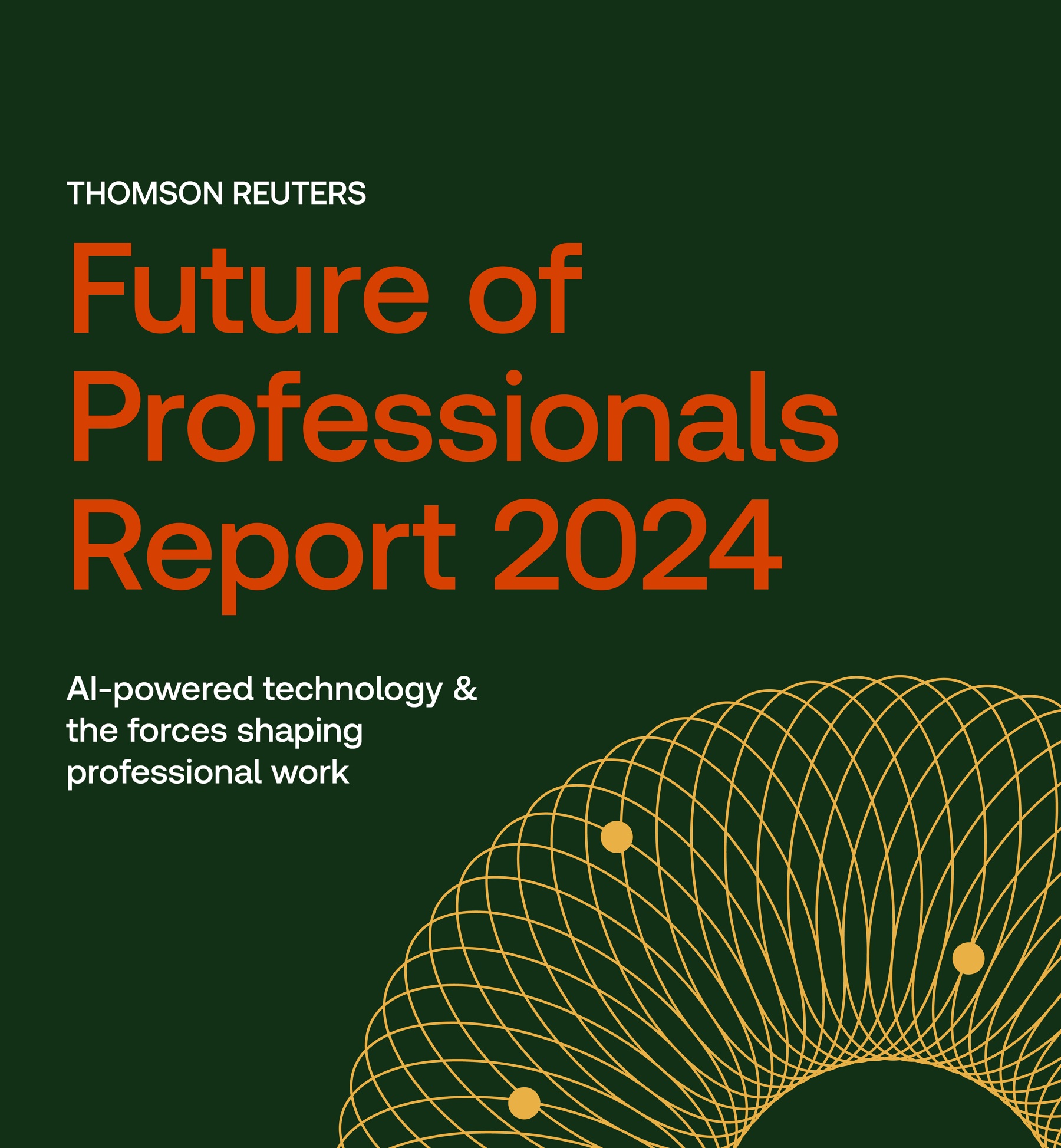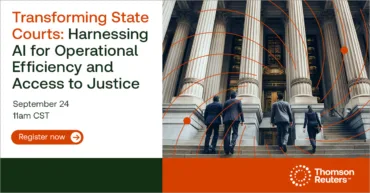Tackling the rising challenges in government agencies
Jump to ↓
| What is the role of GenAI for government agencies? |
| Why is fighting fraud, waste and abuse an ongoing challenge for government agencies ? |
| FWA comparing results from the previous year |
| Conclusion |
The 2024 Government Fraud, Waste & Abuse Report shows the challenges and progress in equipping those who protect our public resources. It also highlights successes and challenges. It is a call to keep watching and improving. We need to ensure that government oversight stays solid and effective in the face of changing threats.
The key points include:
- Increased workloads
- Constrained budgets
- Public fund protection
- And outdated technologies that hinder effective program management
The report stresses the importance of enhancing prevention, detection, and investigation processes. Less than half of the agencies have a special budget for fraud prevention tools and often use basic and free investigative resources.
What is the role of GenAI for government agencies?
There is a growing interest in employing generative AI to detect Fraud, Waste and Abuse (FWA) though its practical application is still under exploration. Some agencies are beginning to use machine learning and AI to pinpoint suspicious activities, reflecting a proactive approach to technology adoption. Despite a reported decrease in common FWA occurrences like false claims and fake documents, there is an expectation of an increase in FWA due to AI advancements and economic pressures.
The report underscores efficiency as a crucial success metric, highlighting the ongoing challenge of resource management. Overall, while respondents are more confident about having the necessary tools to address FWA, budget and resource constraints continue to pose significant challenges. The findings indicate a shift in priorities and confidence levels among government workers, showing a more optimistic outlook toward resource availability and tool efficacy in combating FWA.
Why is fighting fraud, waste, and abuse an ongoing challenge for government agencies?
In government oversight, the fight against fraud, waste, and abuse (FWA) is a constant battle that needs to be watched and changed. The 2024 Government Fraud, Waste & Abuse Report highlights the current situation and the challenges for the frontline of this battle. The report discusses government workers’ challenges when managing programs and protecting public money.
These individuals operate under tight budgets that have yet to expand to match the growing demands of their duties. The lack of resources is a big problem, and it’s made worse by old technology that doesn’t keep up with the advanced ways fraudsters use it. Moreover, increasing workloads present a daunting challenge. As the number of tasks increases, the difficulty of managing them effectively also increases. This is especially true when workers need more training to find and stop FWA. Recruitment difficulties also exacerbate the situation, creating gaps in staffing that are hard to fill.
FWA comparing results from the previous year
The report highlights a comparative analysis between the 2023 and 2024 surveys conducted among federal workers. Notably, the 2024 survey had more respondents, increasing awareness and concern regarding Fraud, Waste and Abuse (FWA) issues. This year, 45% of survey respondents expect FWA to increase in the next few years.
This shows that they are not optimistic about fraud and abuse trends. Despite these challenges, there is a silver lining. The report shows that 73% of people who answered in 2024 think they have the tools and resources they need to deal with FWA well, a significant increase from 59% in 2023. This improvement suggests that although the challenges are mounting, so are efforts to equip workers with better tools and resources.
 |
This positive change is vital because FWA prevention depends on workers using new tools and resources to find and stop fraud quickly. Workers are more confident because of recent efforts to improve technology and training programs in government agencies. However, the road ahead remains daunting. The expected rise in FWA reveals that despite improvements, there is no room for complacency.
Government agencies must continue to innovate and invest in their workforce and technologies to stay ahead of those who wish to exploit public systems for personal gain. The report calls for a sustained commitment to enhancing the capabilities of government workers through continuous training and technological tool upgrades. It also emphasizes the need for strategic recruitment to fill the existing gaps in expertise and staffing. Agencies must work together and get help from policymakers to prevent fraud, waste, and abuse from growing.
Conclusion
While the challenges are significant, the resolve to fight the FWA is stronger than ever. For a deeper dive into the evolving landscape of fraud, waste, and abuse within government operations and to explore detailed insights into the challenges and advancements in combating these issues, you can access the full 2024 Government Fraud, Waste & Abuse Report to equip yourself with the knowledge needed to effectively address and mitigate the risks of fraud, waste, and abuse in your agency.
Thomson Reuters is not a consumer reporting agency and none of its services or the data contained therein constitute a ‘consumer report’ as such term is defined in the Federal Fair Credit Reporting Act (FCRA), 15 U.S.C. sec. 1681 et seq. The data provided to you may not be used as a factor in consumer debt collection decisioning, establishing a consumer’s eligibility for credit, insurance, employment, government benefits, or housing, or for any other purpose authorized under the FCRA. By accessing one of our services, you agree not to use the service or data for any purpose authorized under the FCRA or in relation to taking an adverse action relating to a consumer application.











